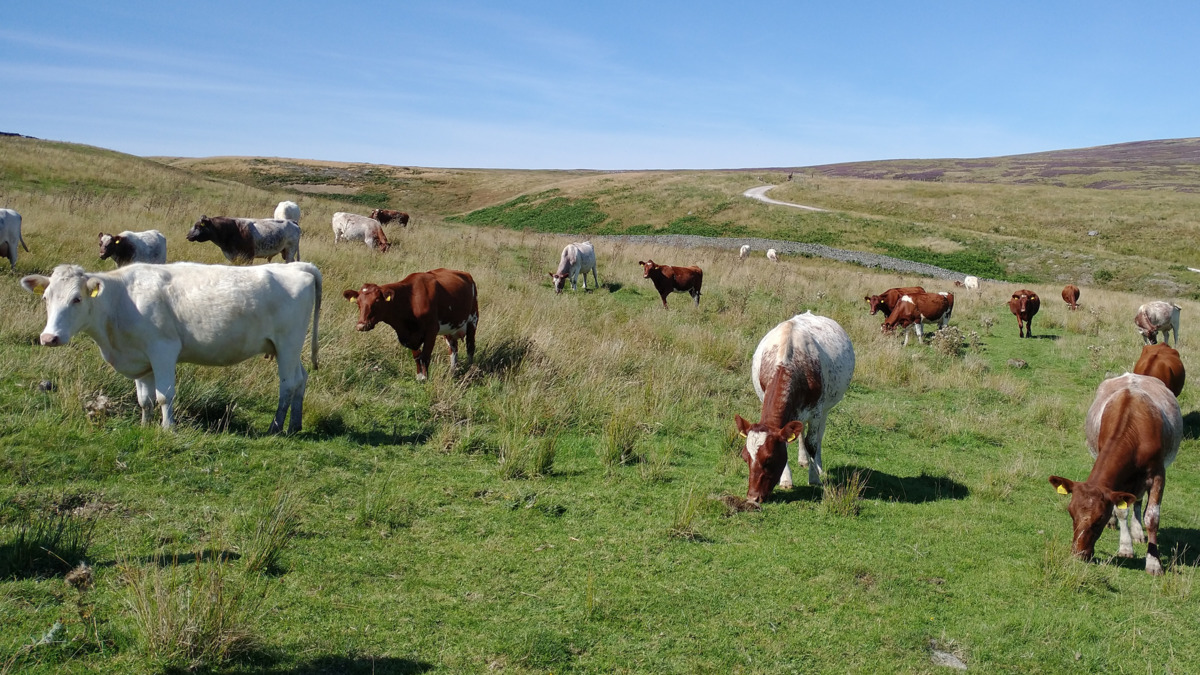After successfully launching a similar project in South East England last year, and thanks to Farming in Protected Landscapes (FiPL) funding, Pasture for Life is now looking to support farmers in the Yorkshire Dales and Lake District National Parks (NP) as well as Nidderdale, Forest of Bowland and North Pennines Areas of Outstanding Natural Beauty (AONB), who may be considering changing how they manage their ruminant livestock enterprises, from increasing grass productivity to dealing with rising input costs through a greater reliance on natural processes.
Three ways to take part
For farmers in these areas, there are three ways of getting involved and participating in the project:
- Joining the overall programme for a comprehensive series of on-farm events & webinars across all five areas, covering a wide range of topics. These topics will be decided based on feedback from the project participants. Farmers will also benefit from a range of supporting documents to support change back on-farm.
- A unique opportunity for 42 farmers within the programme to be allocated a trained, experienced farmer mentor, who will visit their farm and provide ongoing follow up support as they explore and implement new ways of managing their livestock enterprise(s).
- For those not already a member, access to free Pasture for Life membership (worth £120) until the end of March 2024 and all associated opportunities to learn from farmers across the UK transitioning to lower input livestock practices, including a vibrant online forum.
A flexible approach
"It's important to highlight that not everyone involved in the project needs to be seeking mentoring support," said project manager, Rob Bunn. "We encourage all farmers in these areas to sign up to the project to participate in events and take advantage of the wide range of learning opportunities on offer.
"For people joining the project there is no expectation that everyone will transition to 100% pasture-fed and/or certify with Pasture for Life. We want to support people no-matter what their long-term plans are and irrespective of where they are in their farming journey. Whether farmers are in the process of making changes to their grazing system or just want to learn more before implementing change, we are here to help and support that process."
